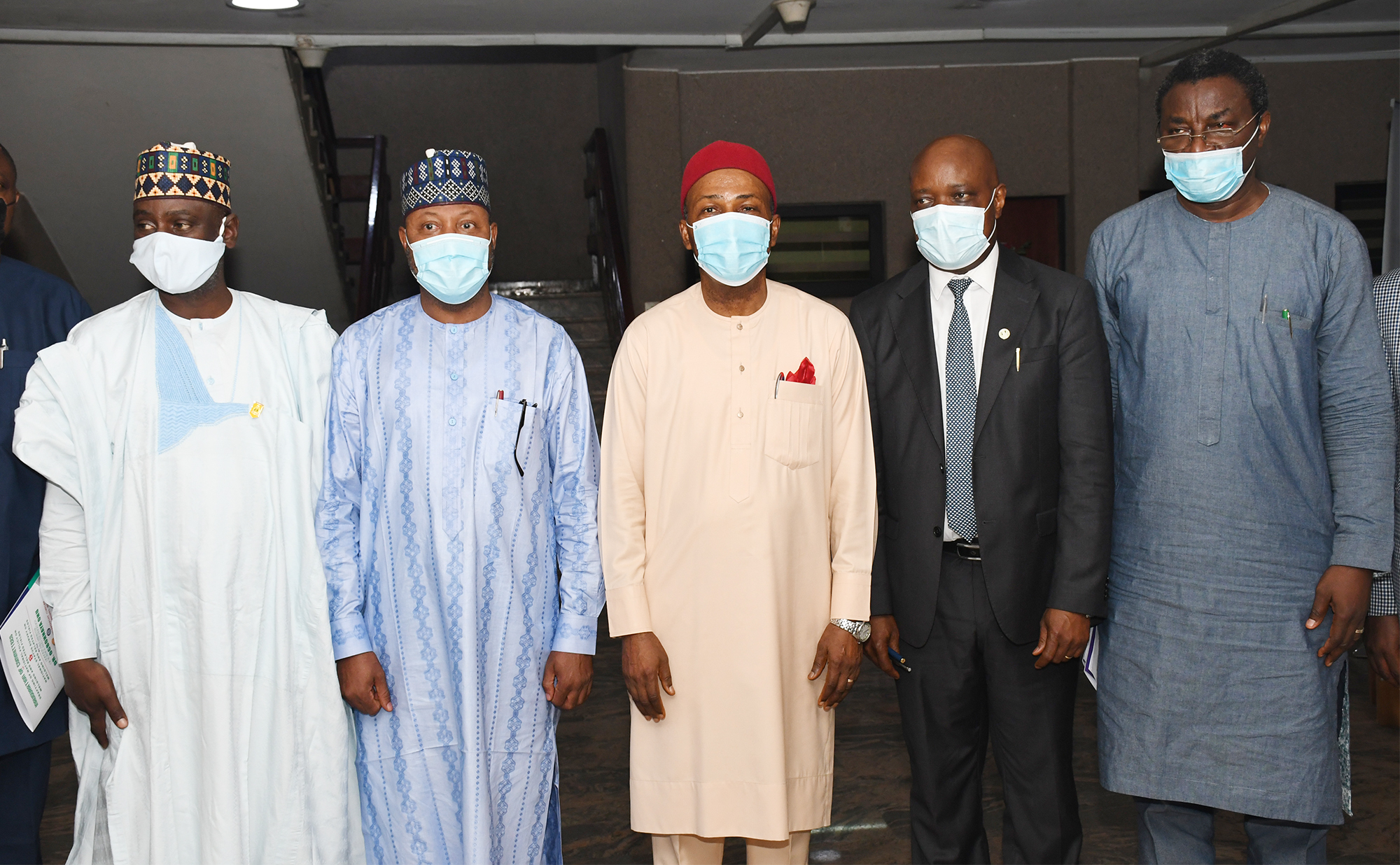Business
Banks’ Directors Back CBN’s Action On First Bank

Directors of banks have thrown their weight behind the action taken by the Central Bank of Nigeria (CBN) to steer First Bank on course.
The apex bank last week reversed the move by First Bank directors to change the management without the approval of the regulator.
Banks’ directors, under the aegies of Banks Directors Association of Nigeria (BDAN), advised the directors of First Bank to comply fully with the directives by the CBN.
Chairman of BDAN, Mrs. Osaretin Demuren, gave the position of the association, yesterday.
Mrs Demuren, who is the chairman of the board of Guaranty Trust Bank (GTB), spoke on the sidelines of BDAN’s 24th Annual General Meeting (AGM) in Lagos.
She said: “The position of the association is that CBN is the regulator, and has the spread sheet of First Bank. So, if CBN took a decision, we just have to encourage the bank to rectify whatever it was so that we have a better working environment. They should listen to the CBN. We cannot challenge the CBN because it is the regulator”.
She urged bank directors to enhance their corporate governance practices by ensuring stability and accountability in the banking sector.
The BDAN Presi-dent noted that it was important to also ensure the emergence and appointment of directors in banks that are properly vetted, with such roles filled by only qualified candidates.
She said: “Corporate governance should be entrenched in bank directors. Even when recruiting directors, you have to find out on what basis, since everyone is not corporate governance- compliant.
On bank ownership in the country, she said: “We have gone beyond banking where banks should be owned by individuals. Once that is out of the way, then corporate governance can be entrenched. When you have an individual, whether directly or indirectly behind a bank, then it is left to the regulator to call that person to order.”
Business
NCDMB, Jake Riley Empower 250 Youths On Vocational Skills

Business
NUJ Partners RSIRS On New Tax Law Education

Transport
Nigeria Rates 7th For Visa Application To France —–Schengen Visa

-

 News13 hours ago
News13 hours agoNLC Threatens Nationwide Protest Over Electoral Act Amendment
-

 Maritime10 hours ago
Maritime10 hours agoCustoms Hands Over Seized Cannabis Worths N4.7bn To NDLEA
-

 Maritime11 hours ago
Maritime11 hours agoOver 6,223 Seafarers Abandoned In 2025 – Says ITF
-

 Politics10 hours ago
Politics10 hours agoI DEFECTED OUT OF CONVICTION …NO ONE COULD’VE IMPEACHED MY LATE DEPUTY ~ DIRI
-

 News13 hours ago
News13 hours agoTinubu Embarks On Two-Day State Visit To UK, March 18
-

 Politics10 hours ago
Politics10 hours agoWe’ve Not Recognized Any PDP Faction — INEC
-

 Environment8 hours ago
Environment8 hours agoRivers State Government Suspend Fire Service Collection Levies
-

 Education10 hours ago
Education10 hours agoFG commends FUET over historic beginning as VC lament over poor funding

